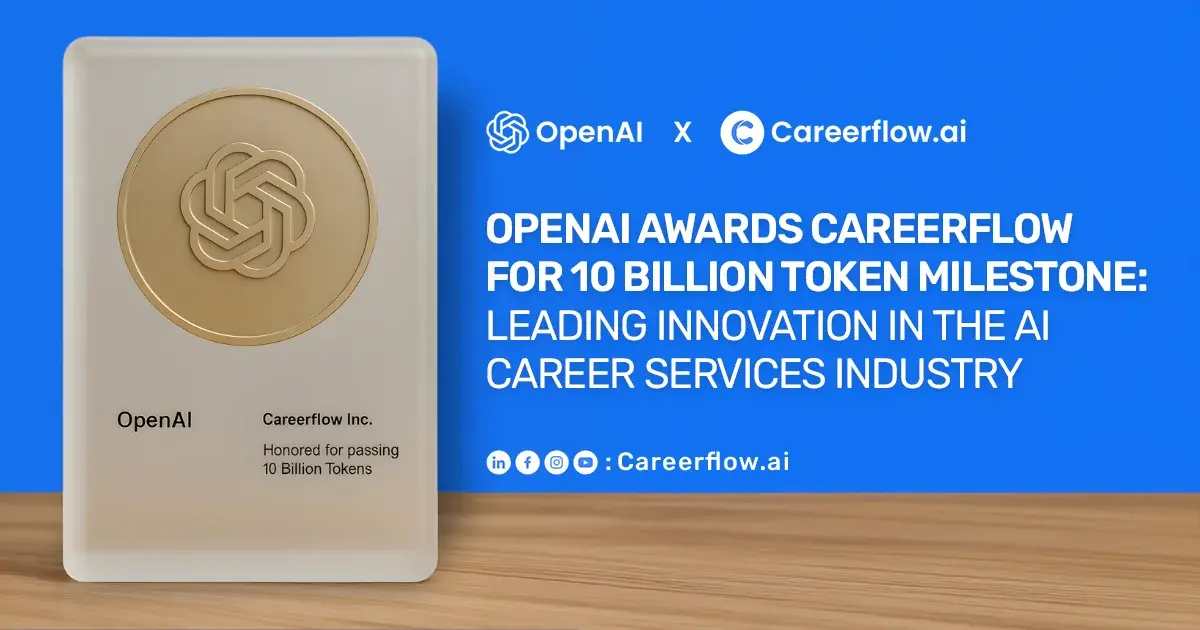Securing an internship is a vital step for many students and recent graduates seeking to gain practical experience, expand their professional networks, and jumpstart their careers. However, a common dilemma arises: should you pursue a paid or an unpaid internship?
This question involves more than just immediate financial considerations. Both types of internships come with distinct advantages and disadvantages that can affect everything from your daily expenses to your long-term career trajectory. This blog will examine the legal, financial, and professional trade-offs associated with paid versus unpaid internships, helping you make an informed decision that aligns with your personal circumstances and career goals. We will discuss how unpaid opportunities can still hold significant value while also highlighting the importance of fair compensation and understanding your rights.
What’s the Difference Between Paid and Unpaid Internships?
When navigating the world of internships, one of the first distinctions you'll encounter is between paid and unpaid opportunities. While both offer valuable real-world experience, their structures, benefits, and legal implications differ significantly.
Understanding the Core Differences
Paid Internships: These roles offer financial compensation, whether it's an hourly wage, a fixed monthly stipend, or even project-based payments. This compensation directly helps interns cover living expenses, tuition, or other financial commitments, making the opportunity accessible to a wider range of candidates.
Unpaid Internships: In contrast, unpaid internships provide work experience without direct monetary compensation. In some regions, especially in countries like the United States, specific legal requirements often dictate that unpaid internships must be primarily for the intern's educational benefit, with the company gaining only an incidental advantage. They might be offered in exchange for academic credit or simply as a pathway to gaining entry-level experience.
Benefits of Paid Internships
Paid internships offer a multitude of advantages that go beyond just the paycheck:
Financial Empowerment: Compensation significantly alleviates financial burdens, allowing students and new graduates to focus on their learning and development without the added stress of covering living costs. This is particularly vital for individuals from diverse socioeconomic backgrounds, fostering genuine equal opportunity.
Structured Learning & Development: Companies that invest financially in their interns often have more structured programs in place. This typically includes dedicated training, mentorship initiatives, and clearer pathways for skill development.
Valued Contributions: A paid internship signals that the company views its interns as valuable contributors to the team, rather than just temporary assistants. This recognition can lead to more meaningful projects and a greater sense of inclusion.
Pathway to Full-Time Roles: Paid internships frequently serve as a direct pipeline for full-time employment. Companies are more likely to offer permanent positions to interns they've already invested in and trained, reducing recruitment costs and ensuring a smoother transition.
Professional Recognition: Being compensated for your work as an intern can boost your professional confidence and serve as a stronger indicator of your skills and contributions on your resume.
Unpaid And Paid Path: Potential Benefits
Red Flags to Watch for in Unpaid Internships
While some unpaid internships can provide valuable growth opportunities, it's essential to differentiate between genuine learning experiences and situations where eager individuals are exploited for free labor. Identifying the warning signs is crucial for protecting your time, effort, and professional worth.
The most significant red flag is when you're expected to handle the workload of a full-time, paid employee, often with demanding hours, but receive little to no training, mentorship, or opportunities to acquire new skills. An internship should primarily focus on your educational benefit and professional development, not merely fill a staffing gap with unpaid help. If you spend your time performing routine tasks that offer no growth or insight, it’s likely that you are being exploited.
A legitimate internship, even if unpaid, should have a clear structure, including a defined timeline, specific responsibilities, and established learning objectives. There should be mechanisms for regular feedback and performance evaluation. If you encounter a lack of a clear project plan, shifting responsibilities, or if you receive no constructive criticism or guidance, this indicates a lack of investment in your development.
The fundamental principle of a justifiable unpaid internship is its educational value to you. If your daily tasks do not contribute to your professional growth, do not expose you to new industry practices, or consist solely of administrative duties typically handled by paid employees, the supposed "educational value" is lacking. In this case, you are essentially providing free labor, which undermines your worth.
Lastly, a genuine internship should include active guidance and mentorship. If you frequently find yourself working independently, rarely interacting with your supervisor, or being excluded from team meetings, training sessions, or projects that could enhance your skills, this indicates that the company is not committed to your professional development.
By carefully evaluating any unpaid internship offer against these critical red flags, you empower yourself to make informed decisions, ensuring that any opportunity genuinely contributes to your career trajectory rather than serving as an uncompensated burden.
How to Decide Which Is Right for You
- Assess Your Financial Reality: Honestly evaluate your financial situation. Can you realistically afford to work without compensation for the internship's duration, considering living expenses, tuition, and other commitments?
- Prioritize Learning & Skill Acquisition: Critically analyze the proposed role's learning opportunities. Will you gain new, relevant, and resume-worthy skills that align with your career goals? Focus on tangible growth, not just busywork.
- Evaluate Future Value & Pathways: Investigate if the internship offers academic credit that benefits your studies. Crucially, inquire about the potential for future full-time employment or strong referrals that could lead to paid opportunities.
- Research Employer Reputation: Look into the company's track record. Are there positive reviews from past interns regarding their experience, mentorship, and the value they gained? A strong reputation often signals a worthwhile experience.
- Ask Probing Questions During Interviews: Don't hesitate to clarify expectations. Ask about the daily tasks, mentorship structure, specific learning outcomes, available resources, and what previous interns have achieved post-internship.
Alternatives If You Can’t Afford to Work Unpaid
Prioritize Paid Opportunities, But Remain Flexible: Focus your initial search on paid internships that align with your aspirations. However, stay open to very short-term, unpaid roles if they offer exceptional, clearly defined learning value and networking potential.
Explore Flexible Unpaid Models: Seek out remote or part-time unpaid internships. This flexibility can allow you to concurrently pursue paid part-time work or freelance gigs to manage your finances.
Leverage Parallel Experience Builders: Consider independent side projects, impactful volunteer roles, or relevant freelance work. These can offer similar hands-on experience, allow you to build a strong portfolio, and develop skills without the constraints of a traditional internship.
Utilize Careerflow's Tools: Use Careerflow.ai's powerful Job Tracker to efficiently organize your various applications, manage deadlines, and keep track of all potential opportunities, both paid and unpaid.
Use AI to Get the Most From Either Internship Type
Whether you land a paid or unpaid internship, leveraging AI tools can significantly amplify your experience and bolster your future career prospects. Don't just go through the motions; use smart technology to ensure every hour you invest translates into tangible career growth.
- Craft an Impactful Resume with Our AI Resume Builder: No matter the internship type, a polished, optimized resume is your best advocate. Use Careerflow.ai's AI Resume Builder to create a compelling document that highlights the relevant skills and experiences you gain, ensuring it's tailored to stand out to recruiters for your next big opportunity.
- Generate Tailored Applications with AI Cover Letter Generator: Secure those initial interviews for both paid and unpaid roles with precision. Our AI Cover Letter Generator can help you quickly create personalized and persuasive cover letters that resonate with each specific job description, showcasing why you're the ideal candidate.
- Track Your Growth and Opportunities with Our Job Tracker: Every task, project, and skill learned during your internship is valuable. Use Careerflow.ai’s Job Tracker to meticulously log your experiences, new skills acquired, and key accomplishments. This organized record will be invaluable when updating your resume, preparing for interviews, and targeting future applications.


.webp)

.webp)




